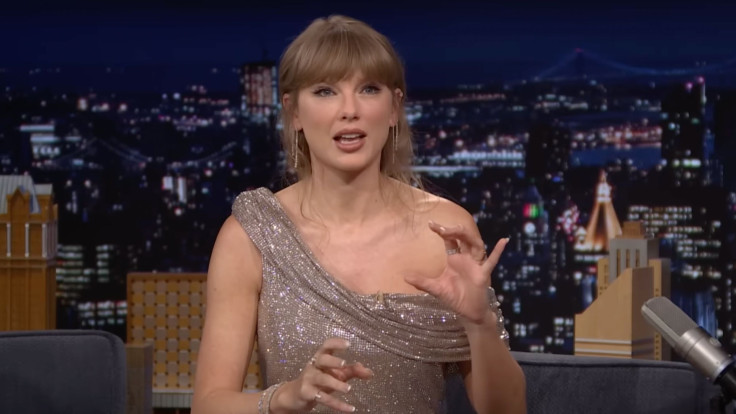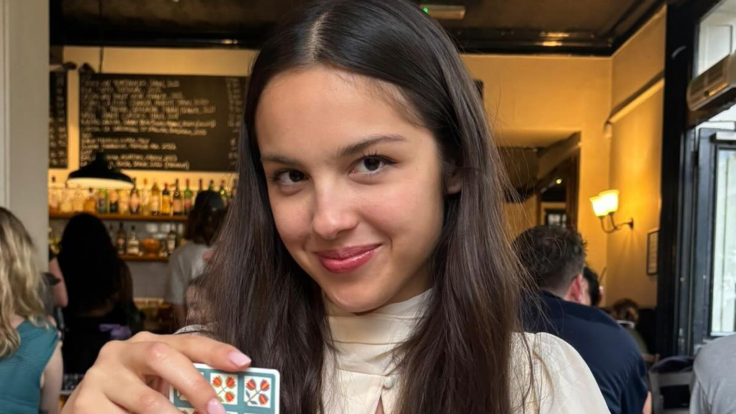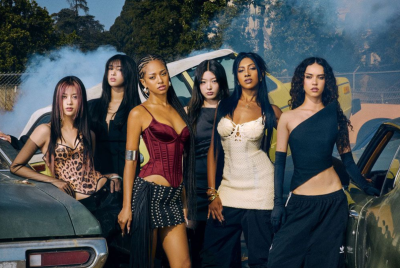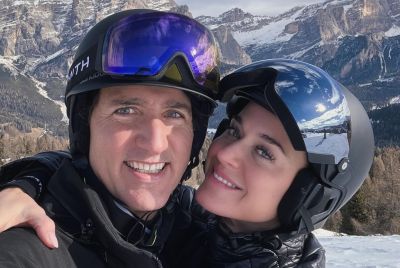Taylor Swift Branded 'Too Quiet' After Olivia Rodrigo Blasts Trump's Propaganda Use
Olivia Rodrigo demands action as fans press Taylor Swift for a response after government accounts used pop music in immigration and promotional videos.

Taylor Swift has been branded 'too quiet' by fans after Olivia Rodrigo publicly demanded the Trump administration stop using pop music for its deportation messaging.
Taylor Swift's seeming silence on the White House's use of her new single has provoked a rare backlash from sections of her fanbase, who say silence is complicity after the White House posted promotional material set to Swift's 'The Fate of Ophelia' while the Department of Homeland Security shared a separate video using Olivia Rodrigo's track 'All-American Bitch' to promote voluntary self-deportation.
Rodrigo's Public Rebuke to DHS
Olivia Rodrigo took to the DHS Instagram post that instructed undocumented migrants to 'self-deport' and left a blunt comment: 'Don't ever use my songs to promote your racist, hateful propaganda.'
The DHS post, shared jointly with the White House on 04 November 2025, included graphic images of ICE operations and an explicit call to use the CBP Home app to leave the United States, accompanied by Rodrigo's lyrics.
The combination of enforcement imagery and a pop soundtrack drew immediate condemnation from artists and civil liberties advocates, and sparked questions about how government agencies obtain and use copyrighted music.
The White House Video And Swift's Silence
On 04 November 2025, the White House posted a short TikTok-style clip, captioned 'OUR VIBES,' that set images of President Trump, military hardware, and other official imagery against Taylor Swift's 'The Fate of Ophelia.'
@whitehouse OUR VIBES 🇺🇸
♬ original sound - The White House
The post rapidly circulated and drew attention precisely because of the long public spat between Swift and Trump dating back to the 2024 election.
Swift's camp did not immediately issue a statement, prompting fans to ask why one of the world's most politically influential artists had not publicly objected to her music being used in a partisan context.
For many observers, the apparent discrepancy, Rodrigo's swift and unequivocal reprimand versus Swift's muted response, underlined how expectations of public political engagement vary by artist and audience.

Legal And Ethical Fault Lines
Public social-media posts do not always reflect the copyright realities behind soundtrack use. Platforms such as TikTok maintain licensing deals with major labels and rights holders that can permit short-form use; yet government accounts using an artist's work for enforcement messaging raise separate reputational and moral questions.
Industry responses to prior misuse by political campaigns suggest rights holders can demand removal or issue takedown notices, and artists often exercise moral pressure when they object.
But removal is not always immediate, and the optics matter. Rodrigo's comment was visible on the DHS post, and the sound was reported to be removed from at least one video thereafter, demonstrating that artists retain both legal and public recourse when they act quickly.
Swift's lack of public protest, whether driven by legal counsel, ongoing negotiations, or strategic communication choices, left fans and commentators demanding to know why she had not followed Rodrigo's example.
Fans will be watching for Swift's next move. If she follows Rodrigo's lead and publicly objects, it will likely be amplified as a defender of artistic agency. If she stays quiet, sections of her audience will continue to ask whether silence equals consent.
© Copyright IBTimes 2025. All rights reserved.





















